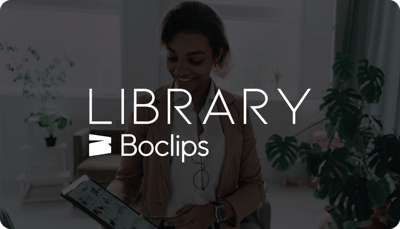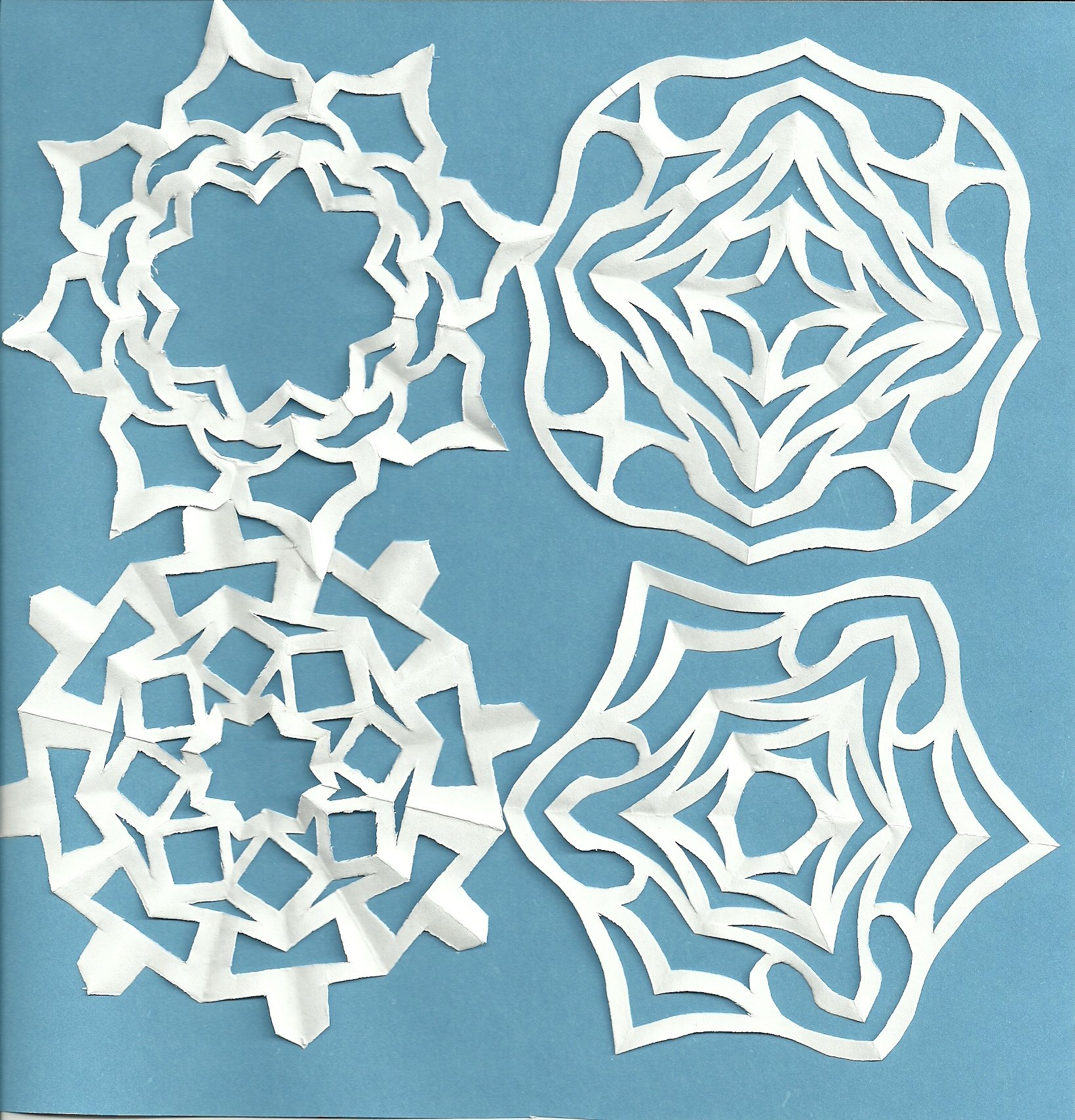When presented with the question above, any educator may answer with something like “In theory, yes, current events belong in the core curriculum.” In practice, educators and curriculum designers may wrestle with the decision. What if the news is too controversial? What if the news changes within hours? How would instructional content be sourced so that it’s appropriate and age-appropriate for multiple grades?
Despite some drawbacks, including current events in courseware can bring many benefits to students. What’s more, with the right approach, adding current events can enhance curriculums to build context around course content and care for students in a holistic way..
Read on to discover the benefits of studying current events and historical news reports. Plus, we’ll include some tips on how to include journalism in courseware in a way that meets standards, boosts student achievement, and more:
Benefits of Studying Current Events
Giving current events a central role in the curriculum can bring many benefits to students and educators. Here are just a few.
Meet National Standards
One principal concern for administrators and teachers is meeting learning standards such as Common Core, state, or other standards. Several Common Core Curriculum standards in the English Language Arts and Social Studies areas of study work very nicely with news and current events resources. For example:
- “Evaluate authors' differing points of view on the same historical event or issue by assessing the authors' claims, reasoning, and evidence.” CCSS 11-12 Literacy. For example, students might read two articles about the same current event to evaluate differing viewpoints.
- “Distinguish among fact, opinion, and reasoned judgment in a text.” CCSS 6-8 Literacy Opinion columns, political commentators, and analysts are just a few examples that may help students learn to distinguish between fact, opinion, and reasoned judgment. A multimodal approach including podcasts or educational videos to supplement text resources can help bring this topic to life for students.
- “Analyze in detail a series of events described in a text; determine whether earlier events caused later ones or simply preceded them.” CCSS 9-10 Literacy. Current events also include chronological timelines of action, lending themselves to the study of causation, correlation, or cases in which events are not linked by cause at all.
Through the study of current events, students can develop the necessary skills to master the above standards.
Build Context
Studying current events and the news can also help build context around other related lessons. For example, if students are studying maps, news stories featuring maps can help students understand relevant uses for this visual tool.
What’s happening on the world stage has a long history behind it. Studying the news can spark students’ interest in history. Modern-day news may feel more relevant and relatable to students’ lives than what happened decades or centuries ago. Yet, political parties, protest movements, international relations, and leaders are typically influenced and shaped by historic events, documents, and historical figures. In this way, current events can provide the splash of inspiration to build a wider, deeper understanding of how today’s news fits into broader history.
Improve Outcomes
Current events and the news provide engaging, relevant content for students to study. When presented with these sorts of resources, students respond well. Research shows that students who use current events–related resources such as newspapers score better on standardized tests in areas including reading, math, and social studies. Studying current events also helps students increase their vocabularies and build a lifelong interest in the news.
Care for the Whole Student
Many curriculum designers shy away from addressing controversial topics with students. While the challenges associated with controversial topics in courseware are real, it’s worth considering that there are many non-controversial ways to present reporting and journalism to students. Additionally, failing to address historical or current events can leave students with either significant knowledge gaps or the responsibility to face these issues on their own.
By including current events in curriculum, we can help students learn to engage productively with the issues, experts argue. Even more importantly, studying current events can help students find and express their voices, evaluate and challenge their ideas, and seek creative solutions. In this way, course designers can care for the whole student and promote mental health and wellbeing.
Tips for Using Current Events in Courseware
Now that you know why current events should be included in your core curriculum, it’s time to consider how to make that happen. Naturally, there are some challenges to consider when adding current events to your online learning platform or courseware. Here’s what you need to know:
- Keep it Age-Appropriate: The news can cover a wide range of events, so be sure to choose resources that use age-appropriate language and representations. Boclips can help with our library of resources already curated and sorted according to age so it’s easy to find what you need.
- Vet Your Sources: Given that the internet makes it possible for anyone to be a publisher, it’s crucial to ensure that you provide high-quality resources from trustworthy sources.
- Contextualize the Lesson: Each lesson may be built around a multimedia resource focused on current events. Yet, the lesson should also support students’ understanding with background information, resources for learning vocabulary, opportunities for discussion, and more.
- Be Prepared to Update: One of the tricky parts about current events is that they are developing. Even as you are publishing your resources, election results, a natural disaster, or another event could change things completely. Your instructional design team must be ready to update or recontextualize the lesson with new information. For this reason, you may choose to lean on more historical news reports or to implement a plan to keep current-events content up to date.
Current events offer a lot of value when included in the core curriculum. Therefore, we vote to add current events to courseware! Do you agree? Let’s discuss! Get in touch with us on Facebook, LinkedIn, or Twitter. We’d love to hear from you!
Rachel Peachey
Rachel is an education industry writer and former Montessori schoolteacher. Originally from Pennsylvania, Rachel lives in Guatemala with her husband and three children.
- #Classroom
- #Video in Digital Learning
- #Educational Videos
- #Tips for Using Video
- #Video Content Partners
- #Boclips for Publishers
- #Issues in Education
- #Educational Videos by Subject Area
- #News and Announcements
- #Events & Holidays
- #Video and Teaching Tools
- #Teaching Methodologies
- #Education Videos
- #Video and Digital Literacy
- #Short Educational Videos
- #Instructional Design
- #Multimodal Learning
- #Video and Student Safety
- #Accessibility in Education
-3.png?width=390&height=223&name=Untitled%20design%20(2)-3.png)


.png?width=1152&height=660&name=Copy%20of%20Untitled%20Design%20(1).png)



